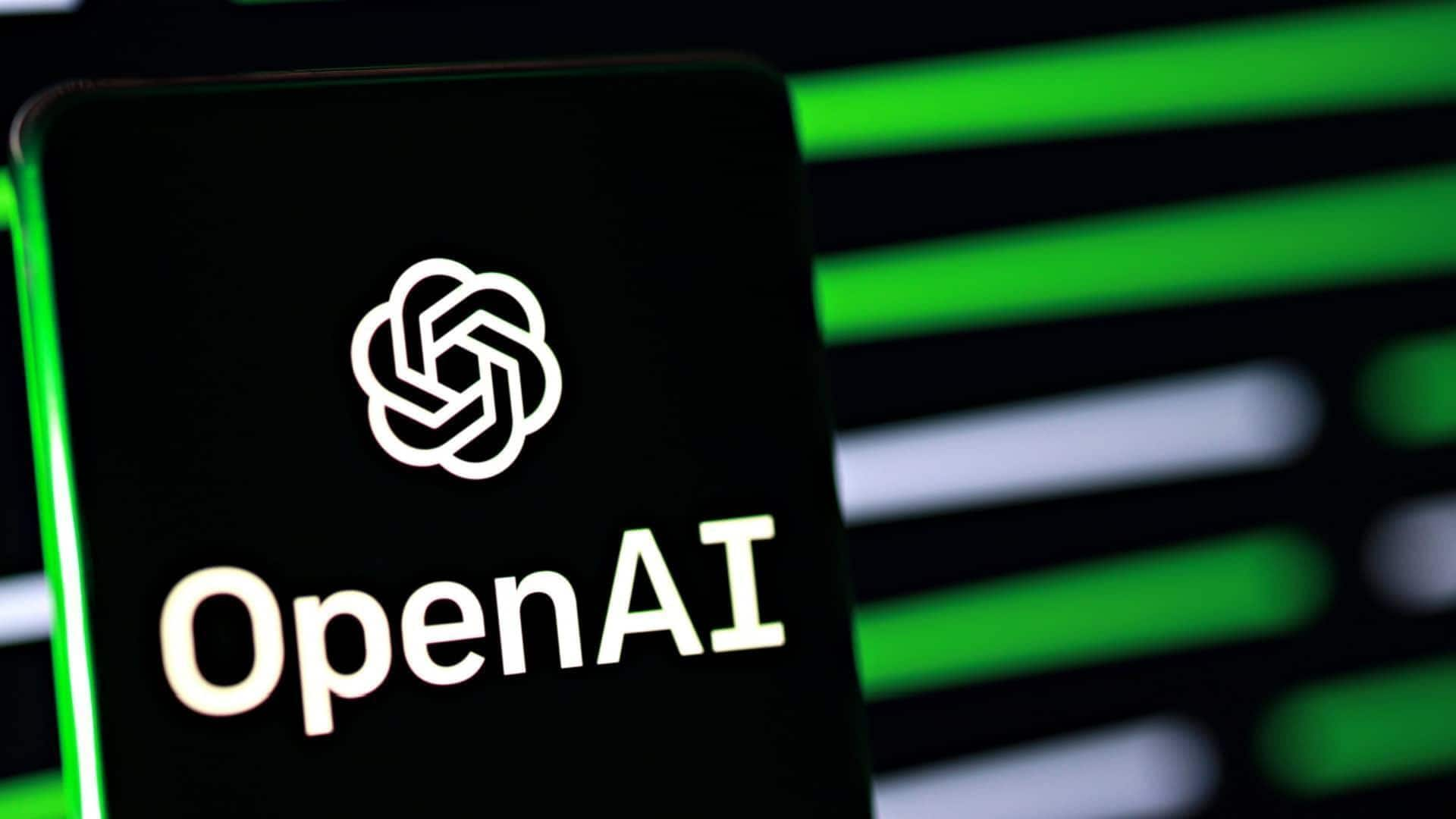
OpenAI researcher behind GPT-4.5 denied green card, must leave US
What's the story
Kai Chen, an AI researcher at OpenAI who helped develop GPT-4.5, has had his green card application rejected. Noam Brown, a top research scientist at the company, revealed this on X. Chen, a Canadian citizen, has been living in the US for 12 years and is now being forced to leave the country.
Concerns raised
OpenAI employees express concern over Chen's green card denial
Brown voiced his concerns over the decision to deny Chen a green card. He wrote, "It's deeply concerning that one of the best AI researchers I've worked with [...] was denied a US green card." "A Canadian who's lived and contributed here for 12 years now has to leave," he added. Another OpenAI employee, Dylan Hunn, also weighed in, stating that Chen was "crucial" for GPT-4.5, one of OpenAI's flagship AI models.
Work situation
Chen's job at OpenAI is safe
Green card applications can be rejected for various reasons, and the decision won't affect Chen's employment. Brown clarified in a later post that Chen plans to work remotely from an Airbnb in Vancouver until "the mess hopefully gets sorted out." This incident sheds light on the difficulties foreign talent faces in living and working in the US under the Trump administration.
Company statement
OpenAI responds to Chen's green card application status
An OpenAI spokesperson told TechCrunch that "this application was filed some time prior to our employee joining OpenAI and we were not involved in the case." However, they noted that there may have been some paperwork issues in the filing based on their initial assessment. The company said they are continuing to work closely with Chen on his situation.
Crackdown
Visa statuses of international students challenged
Over the past few months, the US government has been contesting the visa statuses of more than 1,700 international students. This includes AI researchers who have lived in the country for years. Some students are accused of supporting Palestinian militant groups or participating in "antisemitic" activities, while others are being questioned for minor legal infractions such as speeding tickets or other traffic violations.
Visa applications
OpenAI's reliance on foreign research talent
AI labs like OpenAI rely heavily on foreign research talent. Shaun Ralston, an independent contractor supporting OpenAI's API customers, said the company filed over 80 applications for H-1B visas last year and has sponsored over 100 since 2022. H-1B visas enable US companies to employ foreign workers temporarily in "specialty occupations" that require at least a bachelor's degree or equivalent qualification.